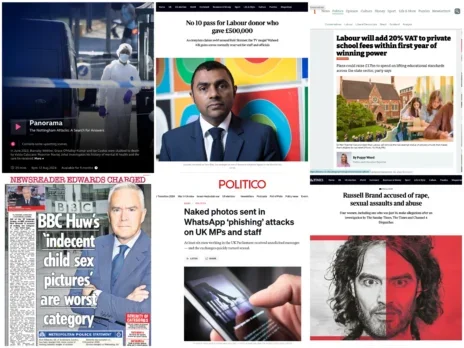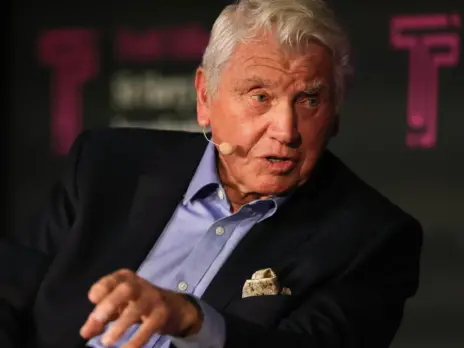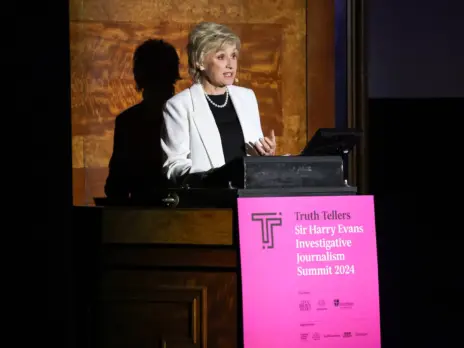
The Metropolitan Police Federation has given its support to photojournalists who fear a new anti-terror law will restrict their freedom to do their job.
Between 300 and 400 photographers protested outside Scotland Yard in London earlier today against the new Counter Terrorism Act.
Section 76 creates a new offence of eliciting, publishing or communicating information about the armed forces, intelligence services or police which may be used by terrorists.
The Home Office says the new offence is intended to help protect those in the front line of counter terrorism operations from terrorist attack.
But photographers, professional and amateur, say it means they can be stopped and searched by police at any opportunity.
Peter Smyth, chairman of the Metropolitan Police Federation, said his organisation shared the concerns of the photographers.
And he supported calls for a photography code to be drawn up between the Home Office and the professional bodies representing police and photographers.
Smyth said: “Its aim should be to facilitate photography wherever possible, rather than seek reasons to bar it.
“Police and photographers share the streets and the Met Federation earnestly wants to see them doing so harmoniously.
“Good relationships between the police and media benefit everyone, including the public, which both sides exist to serve.
“As things stand, there is a real risk of photographers being hampered in carrying out their legitimate work and of police officers facing opprobrium for carrying out what they genuinely, if mistakenly, believe are duties imposed on them by the law.
“This is unfair on everyone and completely avoidable – hence, the Met Fed’s call for joint action to produce a mutually-agreed code.
“We do not want to become the ‘secret’ police.”
Smyth also expressed concern that the new law was open to “wide interpretation or, rather, misinterpretation”.
‘How, for example, will it be expected to apply in practice to the 2012 Olympics, which will be both a photo-event par excellence and subject to an intense security operation?” he asked.
‘Does the law mean tourists are going to be rounded up and arrested en masse for taking suspicious photos of iconic scenes around the capital?
“That will work wonders for the international reputation of the London Bobby and for the city as a whole as a welcoming destination.
‘If there is a terrorist attack in the capital, will the media concentrate their efforts on fire and ambulance crews and prudently avoid broadcasting or publishing pictures of police officers, rendering them invisible to the public?
NUJ vice president Peter Murray described the law as “bizarre”.
He said: “This is a very odd piece of legislation which will make it an offence to take a picture of a police officer or a police station.
“Even if the officer happens to be in the background, the photographer may end up on the wrong side of the law.”
James Welch, legal director of the campaign group Liberty, said: “It is clear that the police already frequently stop people taking photographs on the grounds that the photos may be of use to terrorists.
“This new provision may well be taken by the police as a further reason to hassle photographers.
“The police should show restraint and only use their search and arrest powers where there are genuine grounds for thinking that someone taking photos is up to no good.”
The Home Office said taking photographs of police officers would only be an offence “in exceptional circumstances”.
The NUJ wants the Home Office to issue guidelines to police forces and clarify the law.
A Home Office spokesman said: “The new offence is intended to help protect those in the front line of our counter terrorism operations from terrorist attack.
“For the offence to be committed, the information would have to raise a reasonable suspicion that it was intended to be used to provide practical assistance to terrorists.
“Taking photographs of police officers would not, except in very exceptional circumstances, be caught by this offence.
“Any prosecution would need to meet the public interest test applied by prosecutors and there is also a statutory defence that the person had a reasonable excuse for eliciting, publishing or communicating the information.”
Email pged@pressgazette.co.uk to point out mistakes, provide story tips or send in a letter for publication on our "Letters Page" blog




